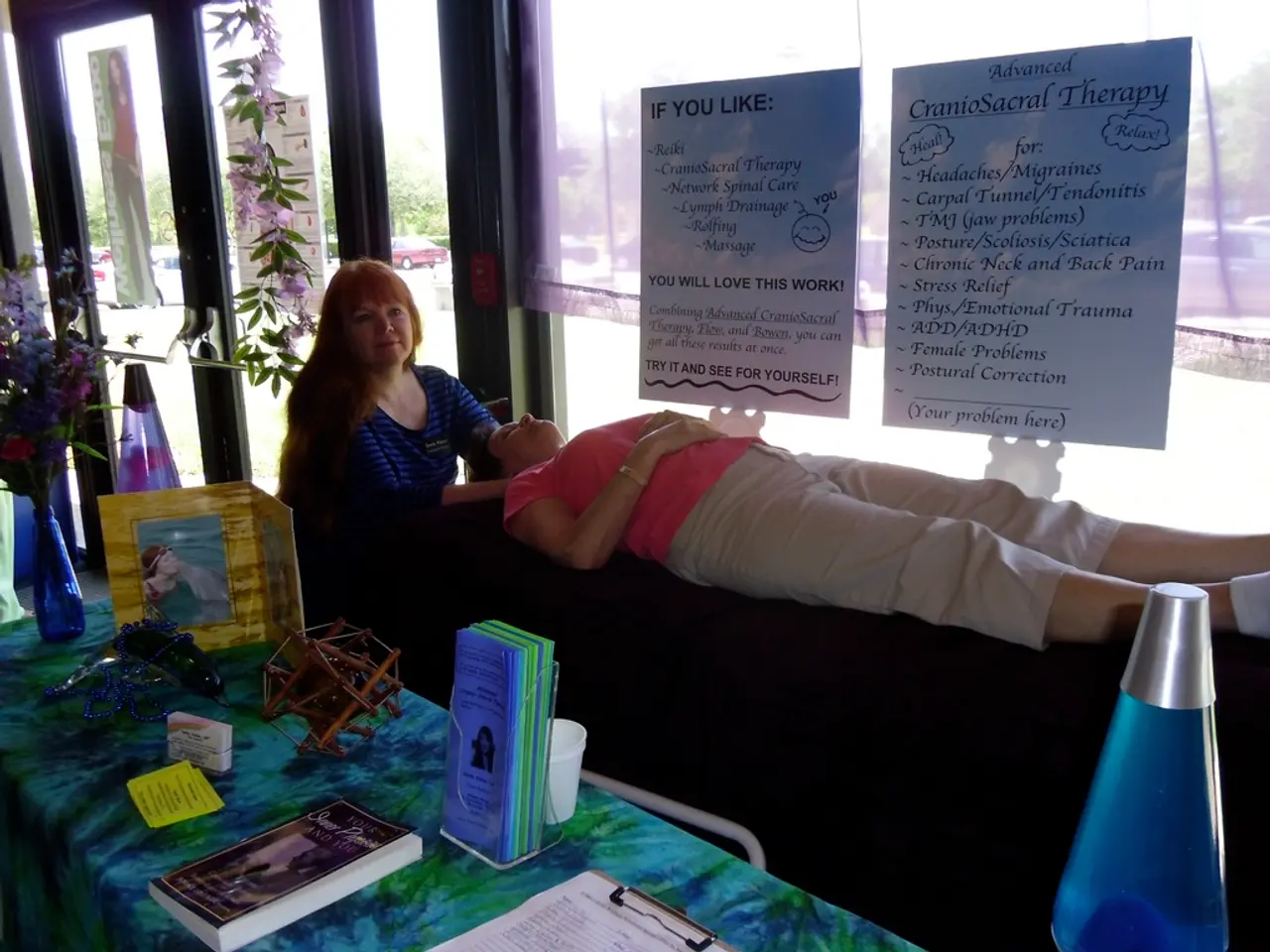Developing AI Technology for Marriage Counseling Sessions
Artificial Intelligence (AI) is making its way into the field of couples therapy, offering a new and innovative approach to navigating communication issues and fostering connections.
AI-assisted couples therapy works by utilizing artificial intelligence tools such as chatbots and smart apps to support couples in improving communication, assessing relationship issues, and tracking patterns of conflict. These AI systems can provide pre-therapy assessments, identify emotional and communication patterns using machine learning, and offer real-time coping strategies or therapeutic prompts.
One of the key benefits of AI-assisted couples therapy compared to traditional couples therapy is its accessibility and convenience. Couples can engage in therapy sessions anytime and anywhere, sometimes even separately, making it easier to fit therapy into busy schedules. Additionally, AI tools can reduce costs associated with traditional in-person therapy.
AI can analyze communication with high accuracy, detecting recurring conflict triggers and providing insights that might be missed in human sessions. It also offers 24/7 availability, delivering coping techniques and emotional support when therapists are not reachable. Some studies show users feel "heard" by AI chatbots and report significant symptom improvement similar to traditional therapy outcomes when a clinician is involved in oversight.
However, AI therapy is not without its limitations. AI cannot fully comprehend complex emotions or provide the depth of human connection essential for serious counseling. The lack of human empathy and nuance can be a significant drawback, and training data limits and algorithmic biases may cause AI to give inappropriate or unhelpful advice.
Privacy concerns also exist around shared conversations, as AI tools are not bound by the same ethical standards and laws as human therapists. Handling sensitive personal data with AI tools raises confidentiality and security issues.
Despite these limitations, AI-assisted couples therapy can provide meaningful and impactful support that enhances and strengthens relationships. It offers benefits such as personalized feedback, real-time support, enhanced self-reflection, a low-stakes entry point, and convenience.
AI-driven tools and conversation starters can help couples reflect, clarify, and discuss sensitive topics with empathy and grace. However, it's important to note that AI doesn't know the history behind an argument or repeated problems, potentially missing deeper layers of a relationship.
In summary, AI-assisted couples therapy is an innovative, accessible tool that can enhance and partially replicate some components of traditional therapy but cannot yet replace the nuanced human understanding, therapeutic alliance, and clinical judgment that licensed therapists provide. It is best used as a complement to human-led couples therapy rather than a standalone solution.
As technology continues to evolve, the power of AI in couples therapy will likely grow. However, the future of AI and mental health is still uncertain. For now, human-led therapy remains the gold standard for couples therapy, especially for complex relationship issues.
AI-assisted relationship coaching apps provide on-demand support, using natural language processing (NLP) to understand tone and intent. Chatbot-based pre-therapy assessments can be less intimidating than working with a real therapist for the first time.
In conclusion, AI is being used in couples therapy to offer new, innovative, cost-effective ways to support couples through couples therapy online. While it may not be a replacement for human therapists, it can provide personalized feedback and tips that can promote meaningful, healthy connections.
- Mental health and relationships are being impacted by the application of AI in health-and-wellness, as it's now implemented in couples therapy through the use of chatbots and smart apps.
- These AI systems offer benefits such as personalized feedback, real-time support, and enhanced self-reflection, making therapy more accessible and convenient for couples.
- However, AI therapy lacks the depth of human connection essential for serious counseling and may not fully comprehend complex emotions, making human-led therapy the gold standard for complex relationship issues.
- As technology advances, AI's ability to enhance couples therapy by providing on-demand support and chatbot-based pre-therapy assessments could become increasingly significant in the health-and-lifestyle sector.




